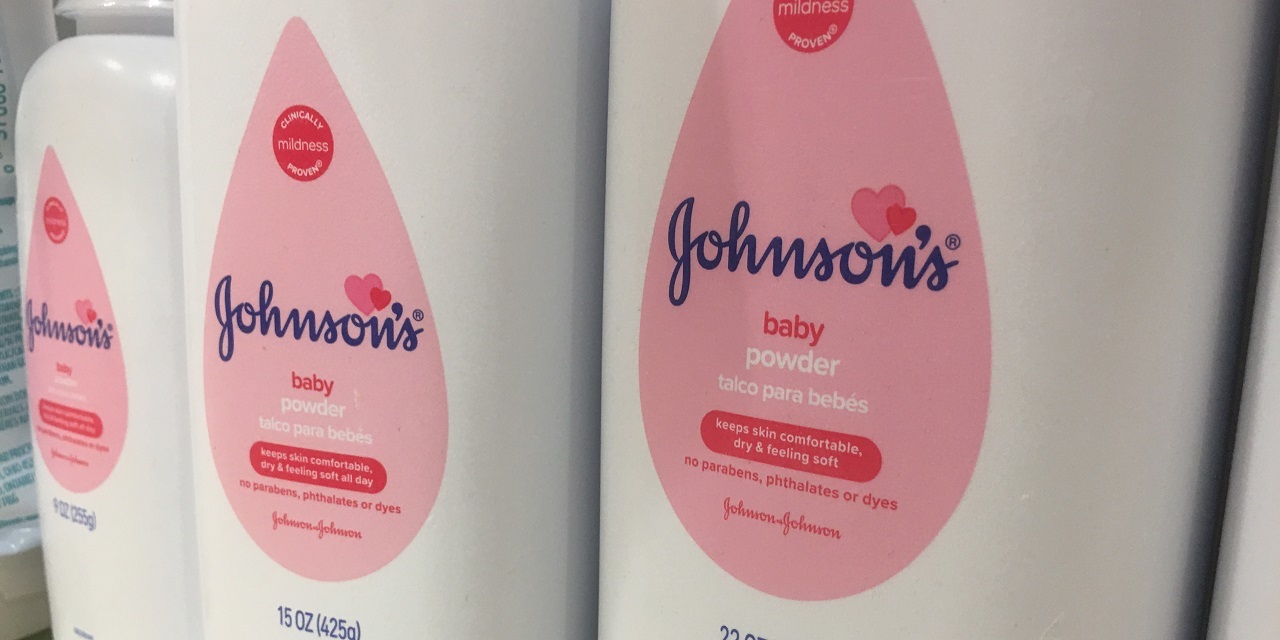WASHINGTON – A two-year-old U.S. Supreme Court ruling cited this month in vacated verdicts against talcum powder producers could well have bearing on St. Louis Circuit Court's high 'judicial hellhole' ranking.
The 2017 Supreme Court ruling in Bristol-Myers Squibb v. Superior Court of California said that lawsuits must arise from or be related to a defendant's contacts within a geographic area for a state court to have "specific personal jurisdiction."
That was bad news for venue and forum shoppers, who long have found St. Louis to be very attractive, according to John Beisner, outside counsel for Johnson & Johnson.

"The U.S. Supreme Court, however, has long held that state courts may not handle cases with which the state has no significant connection - doing so is a denial of the defendant’s due process rights," he said.
The Bristol-Myers Squibb decision has, however, marked a change in how Missouri courts are handling talc-related claims against Johnson & Johnson, Beisner said.
"In an 8-1 decision two years ago, the Supreme Court reinforced that principle in its Bristol-Myers Squibb ruling," he said. "Since that time, Missouri appellate courts have faithfully applied Bristol-Myers Squibb in the baby powder cases, reversing every plaintiff jury verdict considered to date on the grounds that Missouri courts may not adjudicate the claims of non-Missouri residents.”
Beisner is a partner in Skadden, Arps, Slate, Meagher & Flom's Washington office.
Trial attorneys for years have openly networked to venue and forum shop in California and other parts of the country, including St. Louis, to gain the highest possible amount in punitive damages.
"Plaintiffs' counsel in the Missouri baby powder cases recruited plaintiffs from all over the United States and filed their cases in St. Louis City Court, where they believed they would have a strong advantage," Beisner said. "In short, the attorneys' strategy was to turn the St. Louis City Court into a national pro-plaintiff hub for litigating such claims."
Forum and venue shopping has consistently landed St. Louis on the American Tort Reform Association's Judicial Hellholes list. St. Louis currently is No. 4 in the nation on the association's most recent report for "massive verdicts, blatant forum shopping and legislative ineptitude."
The next judicial hellhole list is due out later this year.
The Bristol-Myers Squibb decision came before the start of a string of reversals and other defense wins in talc-related verdicts in St. Louis Circuit Court.
In fact, as trial was under way when the decision was reached, a St. Louis Circuit Court judge declared a mistrial in a talc-related case against Johnson & Johnson and Imerys Talc America.
Later that same year, American Tort Reform Association referred to the "powerful U.S. Supreme Court decision curbing forum shopping" and said St. Louis can "no longer fairly be ranked as the nation’s worst Judicial Hellhole" as it had been the year before.
In June of last year, the Missouri Eastern District Court of Appeals threw out a $55 million verdict against Johnson & Johnson based on Bristol-Myers Squibb.
This past June, the Eastern District reversed and vacated an approximately $68 million judgment against Johnson & Johnson, ruling that Missouri lacks specific jurisdiction.
The Missouri Supreme Court twice this year has intervened in talc cases, based on the Bristol-Myers Squibb decision.
In January, the Missouri Supreme Court, citing a jurisdictional challenge, stopped trial of a complaint by women who claimed their cancer had been caused by using products produced by Imerys Talc America and Johnson & Johnson. The Missouri Supreme Court made a similar ruling in a similar case the following month.
A tipping point apparently was reached this month in Missouri when four verdicts reached in St. Louis Circuit Court against Johnson & Johnson and Imerys Talc America totaling $304 million were overturned based on jurisdiction and other grounds.
Among those verdicts was the Oct. 15 decision by the Eastern District Court of Appeals to reverse and vacate a $110 million judgment. The plaintiff in that case, who suffers from ovarian cancer, for years purchased and used talcum powder in Virginia, where she still lives. The talcum powder had been produced in Georgia.
That decision cited Bristol-Myers Squibb and paid little attention to other grounds for the appeal, including the scientific basis - or lack thereof - in the thousands of talc-related cancer claims.
Bristol-Myers Squibb "clarified the existing law on specific personal jurisdiction requiring the trial court have personal jurisdiction over the defendants with regard to each claim, rather than establishing personal jurisdiction by allowing non-residents to join similar claims with those of Missouri residents," the appeals court's decision in that case said.
The overturned verdicts in Missouri and defense wins in other parts of the country have been good news for Johnson & Johnson's quarterly earnings, company CFO Joseph Wolk said during an interview on CNBC's "Squawk Box."
"Our core business is to make sure that we're bringing innovation across the three segments or our business. We can't get sidetracked by some ancilary activity that's going on right now. We know that it's big business for plaintiffs' attorneys."
About half "of outstanding cases in the courtroom today" are against life sciences companies, Wolk said.
He also said that wins such as those in St. Louis don't "make the headlines."
"We'd love to see tort reform," he said. "Over $400 million has been spent year to date by plaintiffs' attorneys, often funded by venture capitalists, to drum up case loads. It's a $36 billion industry, based on what we have seen. From that perspective, we think tort reform is in order."
